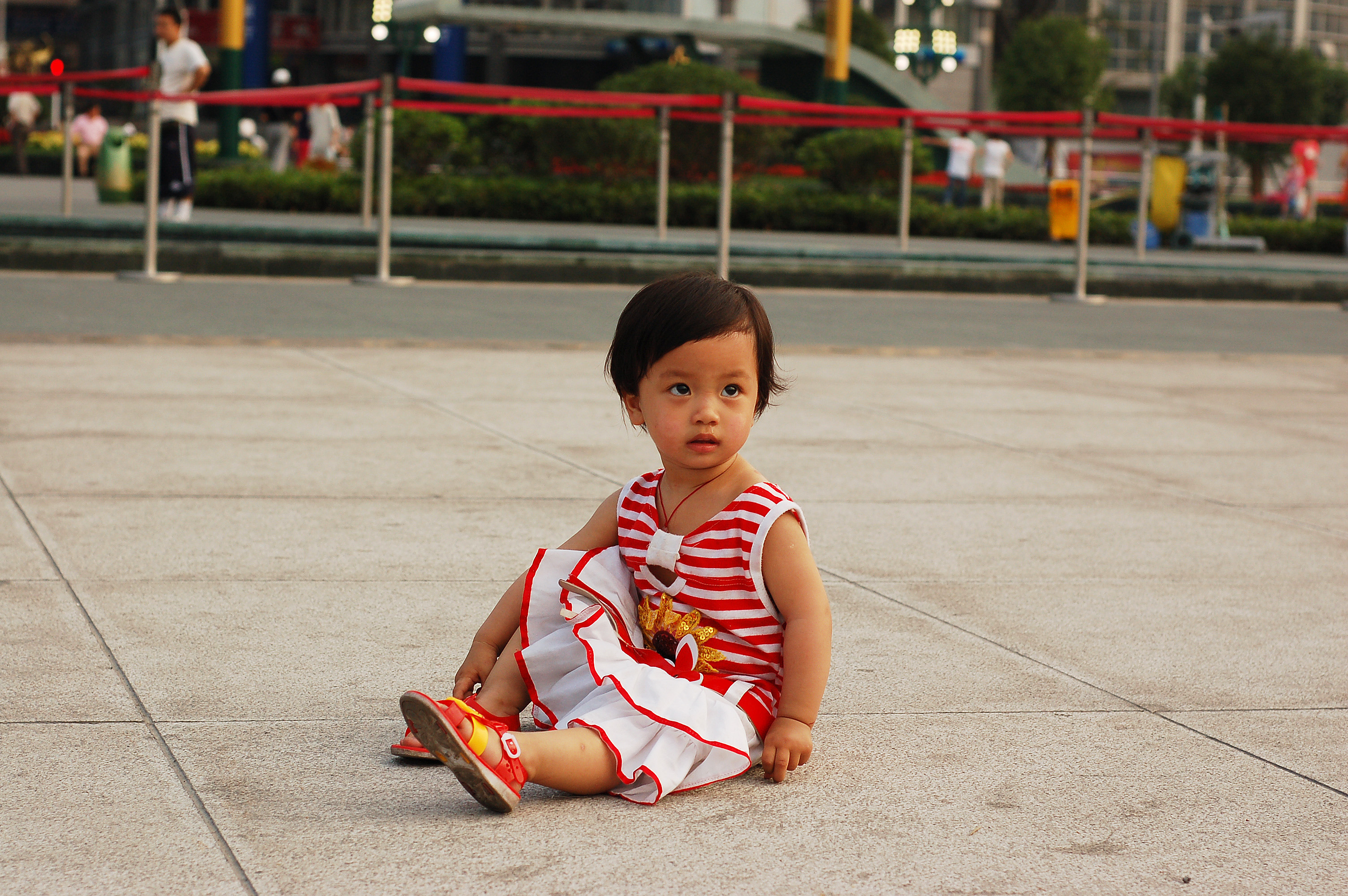
June 26, 2013, by Tony Hong
The Genius of Gongchandang: A Laowai’s View of the One Child Policy
By Dr. Brian J. Hilton,
Associate Professor in Accounting at the Nottingham University Business School China.
The one child policy is not the most popular part of CCP’s agenda. Much energy is being put into trying to terminate it. In the view of this author this would be a mistake. When first encountered this policy presents a short term expedient to contain China’s population growth. This may or not have been the intention but its effects are far more significant to a secure socio-economic future for China.
It is a brilliant piece of social and cultural engineering unprecedented in human history. It is more far reaching in its effects than most realise. It is destroying the traditional dysfunctional patriarchal Chinese family system so crucial to the demise of the Qing dynasty as so beautifully illustrated in ‘The Dream of Red Mansions”. Chinese patriarchy limits the change China required to become a modern nation. This is driven home in Ba Jin’s famous trilogy, much loved by Mao, “Family, Spring and Autumn” where the patriarchy’s insensitivity to the need to empower the young to create a new China is so tragically told.
First as roughly half the babies born are female this policy will bring to an end 50% of the patriarchal family lines in this generation and 50% of the remainder in the next and so on. Secondly given national growth more qualified managers and leaders need to be found. Without immigration these managers and leaders clearly have to be increasingly women. Thirdly because of the traditional eulogising of the male line fewer women are being born than is natural. This seems to provide huge energy that drives women to over achieve. This ensures women are becoming a sought after as quality managers and leaders. The policy amplifies the possibility of an increasingly large role for women in Chinese society.
We can see the self destructive power of patriarchy yet again. Parental and grandparental engagement is upped a notch because male children are the desired end of this system when they are presented they are seen as the saving of the system. This has three possible effects.
If the parenting is excellent, capable young men are the result and they join women as future Chinese senior leaders and managers. Or the child is spoiled with one of two consequences. They become selfish with a presumptive predilection to control and manipulate others which of course is not a lot of scope for high quality leadership there. The final group are simply lazy as they expect doting parents and grandparents to fix any problems they have. They do not have to take responsibility for themselves and their own development. Not a lot of scope for high quality leadership here either. This all adds up to a massive swing in the current generation from male to female dominance. Women are ALL motivated, hardworking and personable. Only a proportion of men are.
However the beneficial socio-economic consequences of the one child policy do not end there. Very early on in British and US socio-economic development it became evident that truly effective and sustainable private enterprise required the owners of finance to have liquidity in their investment and so have access to well policed financial markets where one could with ease transfer assets to others in a professional impersonal manner and have trust in the management of ones assets to professional managers.
Family ownership does not permit this. It is possible for a man to build a huge business on the back of familial support and money but then he not trusting others has to rely on less qualified family members to manage the expansion of the business which can only occur within the resources available to one family. True joint stock companies have no such limitation and they are also intrinsically sustainable while family businesses have to divide and subdivide responsibilities, accountabilities and authority in a manner that in the end generally leads to the breakup of the company.
The one child policy tackles this consequence of low socio-cultural trust in Chinese society head on. ASs each single child has no siblings it is going to become increasingly difficult to manage or even create large companies from within the resources of one family. Without siblings more businesses are going to have to become joint stock companies with people outside the family disinterestedly investing in an enterprise and professionally managing it transparently in the interests of the shareholders.
The problem embedded in Confucian ideas of social stability that it is self evidently sensible when technology hardly changes as they are the main source of wealth, it is arguable that power should be in the hands of the experienced and old. This is deeply embedded in China culture not least in its language where the past is “Sheng” and above the present and the future is “Xia” and below the present.
What can the past and experience of it tell us about the future in a world where new ideas embedded in new products displace old ideas embedded in perfectly serviceable older products in under two years? The life of mobile phone model, the latest version of Windows or an Intel microchip and increasingly the period to technological redundancy seems to get shorter and shorter. What role does traditional patriarchy have in such a society?
Power needs to be transferred stably to the next generation of thinkers not held by the previous generation whose world is being deconstructed before it is even built. The new China knows all of this only too well but until the redundancy of the traditional Chinese family becomes reality the dream of dynamically stable evolutionary social transition as modelled within the Party by Xi Jinping will remain a dream. The one child policy can and will deliver this.
No comments yet, fill out a comment to be the first

Leave a Reply